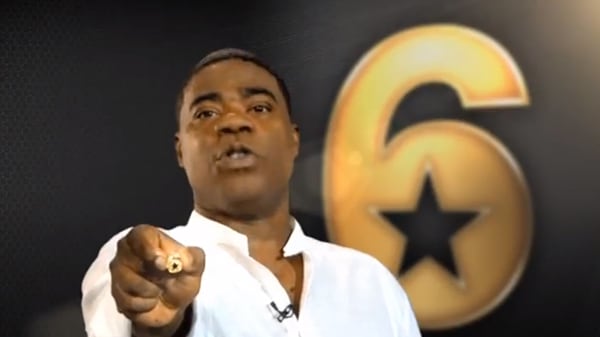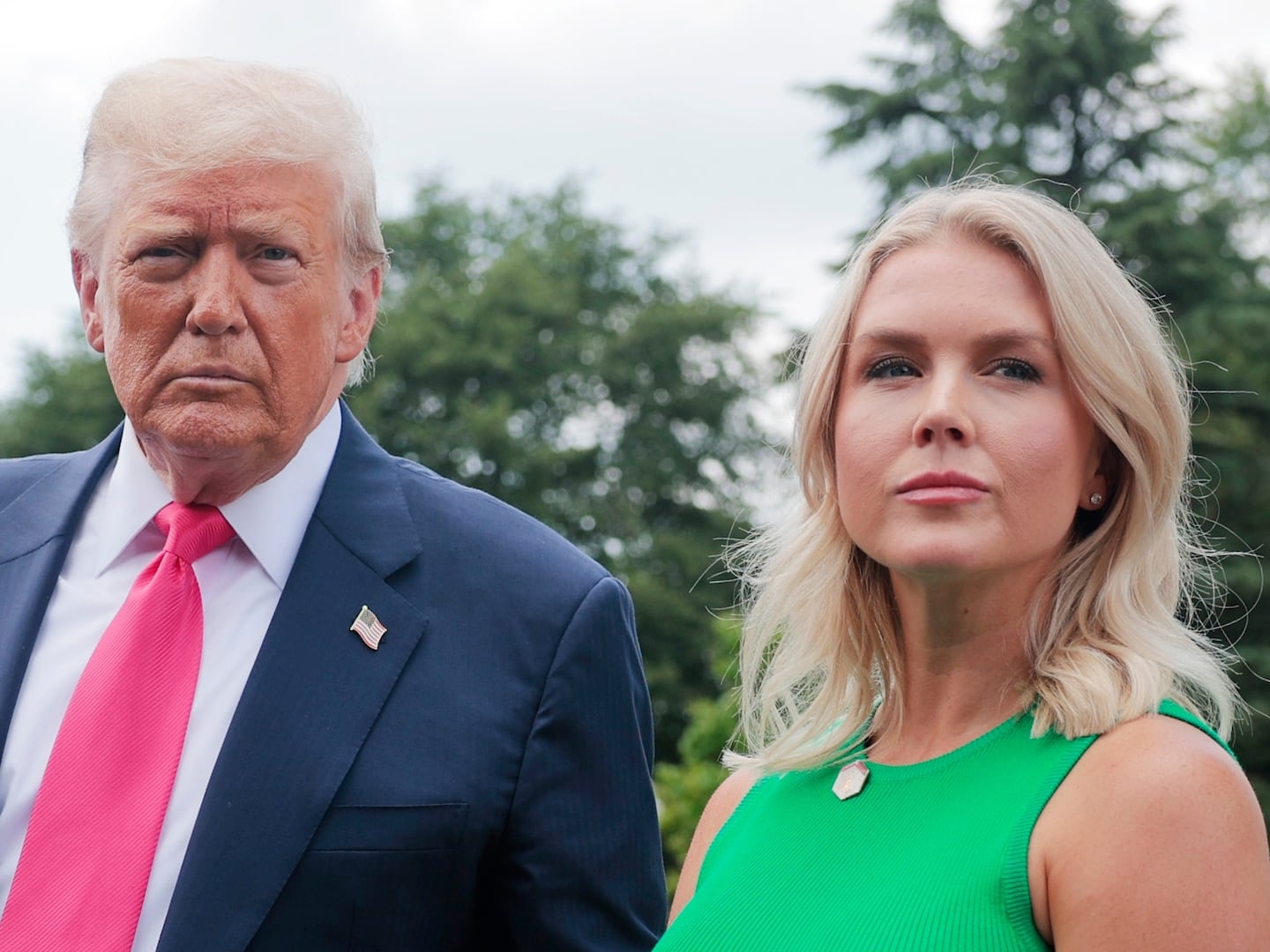One of my favorite things to tell people about my year in Baghdad is how much time we spent watching Sex and the City. We’d roll back to the forward operating base after a day on improvised explosive device patrol or convoy security, and if everything had gone fine, nobody got attacked and there wasn’t any mess to clean up, we’d scatter to our distractions: some guys playing Halo, some guys heading for the Internet cafe, and a few us of gathering to clean our rifles and watch Carrie Bradshaw.
Imagine my delight when I saw Carrie—I mean Sarah Jessica Parker—among the A-listers signed up for Hollywood’s glamorous new White-House-aligned Got Your 6 campaign, that aims to start “a new conversation in America” by changing public perception of military veterans from “problems and burdens” to “civic assets and leaders.”
The name comes from military jargon, deriving from the directions on a watch face, and means “Got your back.” But its slippery confluence of government propaganda, electoral politics, Hollywood self-righteousness, and corporate branding raises serious questions about what Got Your 6 is really about.
When a gang of corporations including ABC, CBS, Fox, NBCUniversal, HBO, ICM, Paramount, Sony, and Warner Brothers team up with the Obamas and the federal government—in an election year—with the explicit intent of reframing public discussion of what American military service represents, you’ve got to wonder just whose back is being covered, and by whom.
Bruce Cohen, a movie producer and Hollywood liaison for Michelle Obama’s Joining Forces Initiative, said that the “the office of the first lady has played a role in the Got Your 6 movement since its genesis ... From the Pentagon to the VA to the Department of Labor, the federal government has been a key stakeholder in the development of this campaign.”
For all those stakeholders, the campaign’s promises are troublingly vague. What does it mean, for example, that Got Your 6 plans to “collect pledges from 500 colleges and universities to offer supportive veteran-specific resources, programs, and policies by June 2014”? What kind of pledges? Is this going to help vets manage student-loan debt, guide them into the workforce, or teach them the basic academic skills they’ll need to convert their discipline and dedication into degrees?
Got Your 6 seems mostly to be fronting preexisting “activation partners,” such as the Pat Tillman Foundation, Student Veterans of America, Team Rubicon, Iraq and Afghanistan Veterans of America, and Goodwill Industries, who are doing the real work. Beyond press releases, what’s the new group bringing to the table?
Managing director and war veteran Chris Marvin says Got Your 6 will “bridge the military-civilian divide” by focusing on six pillars: jobs, education, housing, health, family, and leadership. It will “raise awareness” of veterans’ issues through partnerships with the entertainment industry to produce scripted story lines and celebrity public-service announcements. And it will hawk T-shirts, bracelets, and little pins. You might’ve already seen one of these:at the Oscars in February, Tom Hanks wore one on the lapel of his Tom Ford suit. The pin, a small gold numeral six with a black star on it, shows Hanks signing on to save Pvt. Ryan—this time for real. But does Hollywood know the difference?

As a veteran who has written about the problems of transitioning out of the military, who has deep concerns about how little public awareness there is of the costs of American military adventurism, and who worries about the increasingly isolated caste of professional soldiers—now a hardened, battle-weary band with as many as three, four, or 14 deployments behind them—I’m thrilled Hollywood has decided, after 11 years of war, to “get my six.”
I know they can’t bring back my friends and fellow soldiers who died downrange, or the ones who came back but committed suicide, died of a drug overdose, or are so physically or mentally wounded that they can barely function, but that’s okay! Alec Baldwin says he’s got our six. So do Pharrell Williams, Bradley Cooper, Milla Jovovich, Brian Williams, Tracy Morgan, Michael Douglas, and Judith Light. So do the barons of the entertainment industry. So does the White House.
If they manage “to change the conversation in America such that veterans and military families are seen as civic assets and leaders who will reinvigorate our community,” I’m all for it. Who doesn’t want to be an asset?
But before we “change the conversation”—shifting focus from the unpopular wars we’ve fought in—we need to finish the conversation about the other things we represent, that many Americans ignored at the time or would like to forget: crippled bodies, flag-draped coffins, kill teams, collateral damage, and war crimes.
Homeless vets, unemployed vets, disabled vets who slip through the cracks—these men and women represent the betrayal of a basic contract: If you serve the nation, the nation will serve you in return. We need to make sure the federal government, the VA, the Pentagon, and the companies that have profited from a decade of war are taking care of the men and women who bled and fought for them in foreign lands.
It remains to be seen if Got Your 6, with its celebrity participants and deep-pocketed backers, will drain resources from nonprofits already at work like Hope for the Warriors, the Wounded Warrior Project, Fisher House, the VFW, and Disabled American Veterans. The question is whether Got Your 6 will draw attention to veterans’ issues, or draw it away from the vets who might still be seen—in the campaign’s words—as “problems and burdens.”
In the military you get used to the new guy talking a lot of trash, and you wait to see if he’ll put up when the time comes. In fact, there’s a bit of jargon for the kind of buddy who says he’s got your six, then when things get hot and heavy, leaves you hanging. That guy’s a Blue Falcon, a euphemism for “buddy f——r.” Hollywood, fronting for the Obamas, says they’ve got our sixes covered.
We’ll see.






